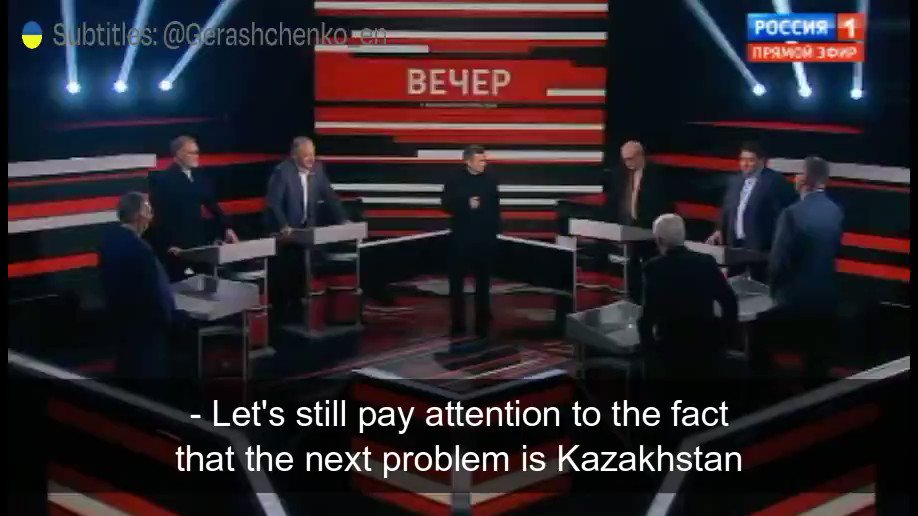This isn’t a complete, all-corners-of-the-world Global Eyes. It’s just the articles I happened to find most interesting today.
Ukraine
The “Desert Ukraine to Defend Taiwan’ fallacy, a broadside by Robert Zubrin:
Some of those interested in abandoning Ukraine to Russian conquest have recently advanced an argument supposedly based on strategic realism. The U.S. cannot provide Ukraine with the arms it needs for self-defense, they say, because to do so would make it impossible to meet our allegedly much more important need to defend Taiwan from Chinese invasion.
For example, writing in National Review on Nov. 17, Austin Dahmer says “Washington faces a choice: It can continue arming Ukraine at the present rate, or it can forestall the manifest danger of Chinese aggression in the Indo-Pacific. We cannot do both because resources are limited. Politically and strategically, conservatives are right to prioritize China over Russia.”
This argument has no rational foundation.
(I agree with him, of course—Claire.)
Is providing air defense equipment enough to help Ukraine?
… So far at least, international support is matching air defense donations with conventional weapons for the front and support for dealing with winter weather. Nevertheless, partners should be cognizant that efforts to help Ukraine at the front will always benefit Ukrainian civilians at the rear. Sending air defense systems will help in the short term, but the only way to be certain that Russian drones and missiles won’t kill or freeze Ukrainians in the coming months is to help Ukraine win the war.
Russia
When the Soviet KGB was dissolved in 1991, it reappeared as the FSB, a domestic-security service, and the SVR, a foreign-intelligence agency. The GRU has endured in one form or another since 1918. These “special services” bask in the fearsome reputation of their tsarist and Soviet forebears. But they emerge from the war in Ukraine with that reputation, and their networks, in tatters. The explosion which damaged the Kerch bridge on October 8th was only the latest security foul-up; Ukrainian operatives are also suspected of having orchestrated a car-bombing in Moscow in August which killed the daughter of a prominent Russian ultra-nationalist ideologue …
Now the Kazakhs are turning into Nazis. You would think Russia’s humiliation in Ukraine would have cooled their jets, but apparently not:
I looked at the illustration below and thought, “Perhaps it’s meant to be an allusion to Pinocchio?” Then I thought, “What has Russia done recently to deserve the benefit of my doubt?”
Konstantin Malofeev, of Tsargrad fame, writes on Telegram about his foremost preoccupation in these troubled times—Russophobic sodomy:
END OF SODOM. SERIES 14
In the days when all of Russia is waiting for the adoption in the second and third readings of a package of bills against sodomite propaganda, the Cultural Front has been created within the walls of the State Duma. A social movement designed to put an end to the long-term Russophobic lawlessness in the field of culture.
At the head of the organization are people of word and deed. Nikolai Burlyaev, Pyotr Tolstoy, Alexander Dugin, Dzhambulat Umarov and many other true Russian patriots. Knowing them very well personally, I am sure: on the cultural front, we will finally be able to go on the long-awaited offensive. Without which victory in the NWO is impossible. (In Russian.)
Putin puts the squeeze on Moldova:
[N]o matter how hard Putin tries to turn the energy screws to topple the administration, Moldova’s government is doggedly resisting. Only last week Russian missile strikes triggered blackouts in half the country and last month Gazprom slashed gas supplies by a third, but engineers and politicians are working round-the-clock to ensure that energy networks keep running.
Russia has forgotten history’s lessons about waging war in winter. The West must help Ukraine retain its momentum:
… This time, Russia is the invading army that must supply its forces across a front line that now spans 1,000 kilometers, in hostile territory and brutal conditions. As anyone who has experienced a Ukrainian winter could tell you, the bitter cold, with temperatures dropping as far as -20°C, can sap the most determined of spirits. It will make the fighting more difficult for both sides during the months ahead. The tempo of the conflict will slow. Movement and the ability to conceal military equipment will be harder as the leaves fall from the trees and the ground is covered by snow. Both sides will need to keep their exhausted troops and their weaponry functioning. But this will be easier for the Ukrainians, fighting with the support of their countrymen, than for the Russians, left to shiver like the remnants of Napoleon’s Grande Armée and vulnerable to sabotage.
Asia
Keep reading with a 7-day free trial
Subscribe to The Cosmopolitan Globalist to keep reading this post and get 7 days of free access to the full post archives.







